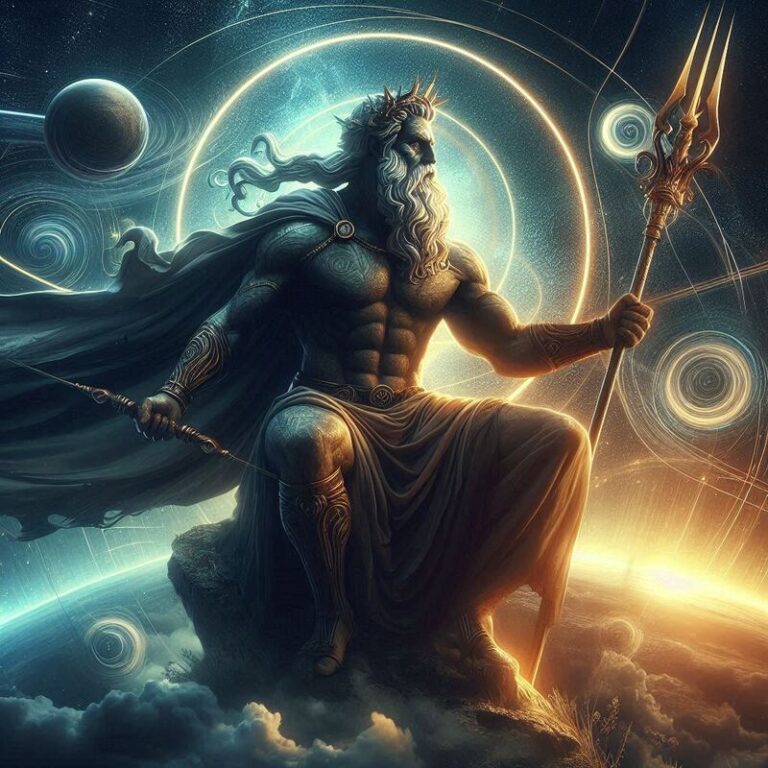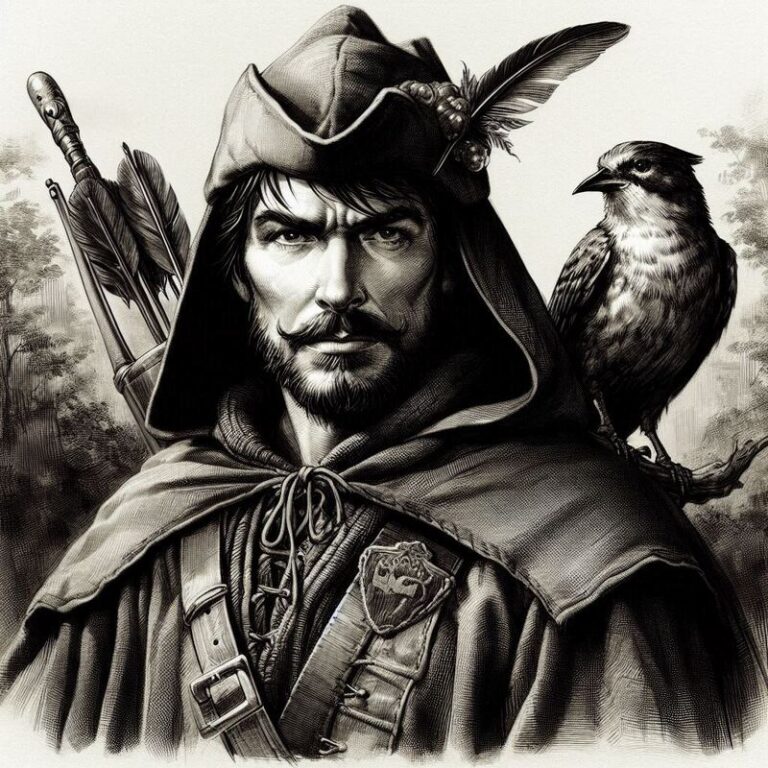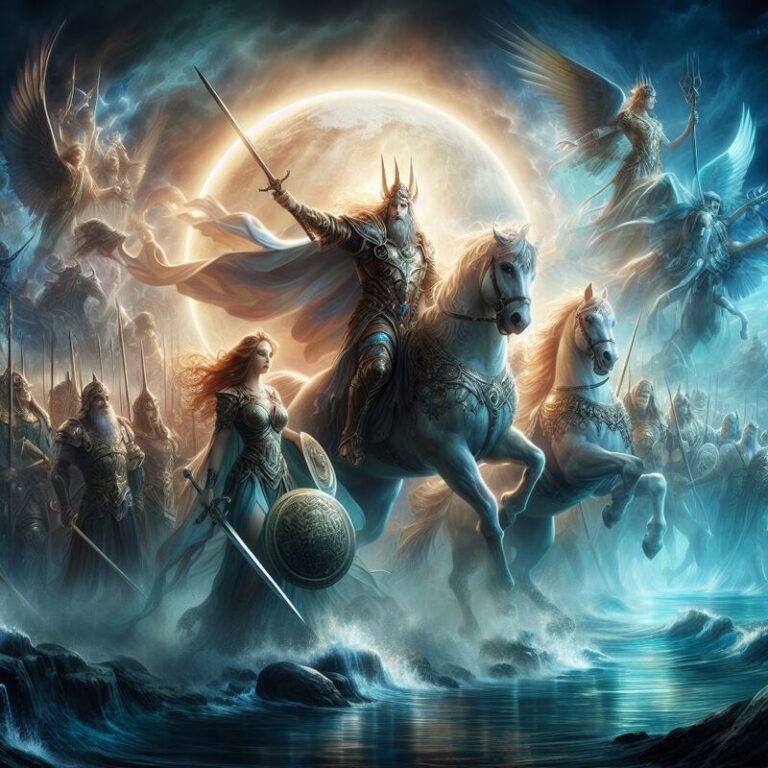The Unyielding Bravery of Beowulf
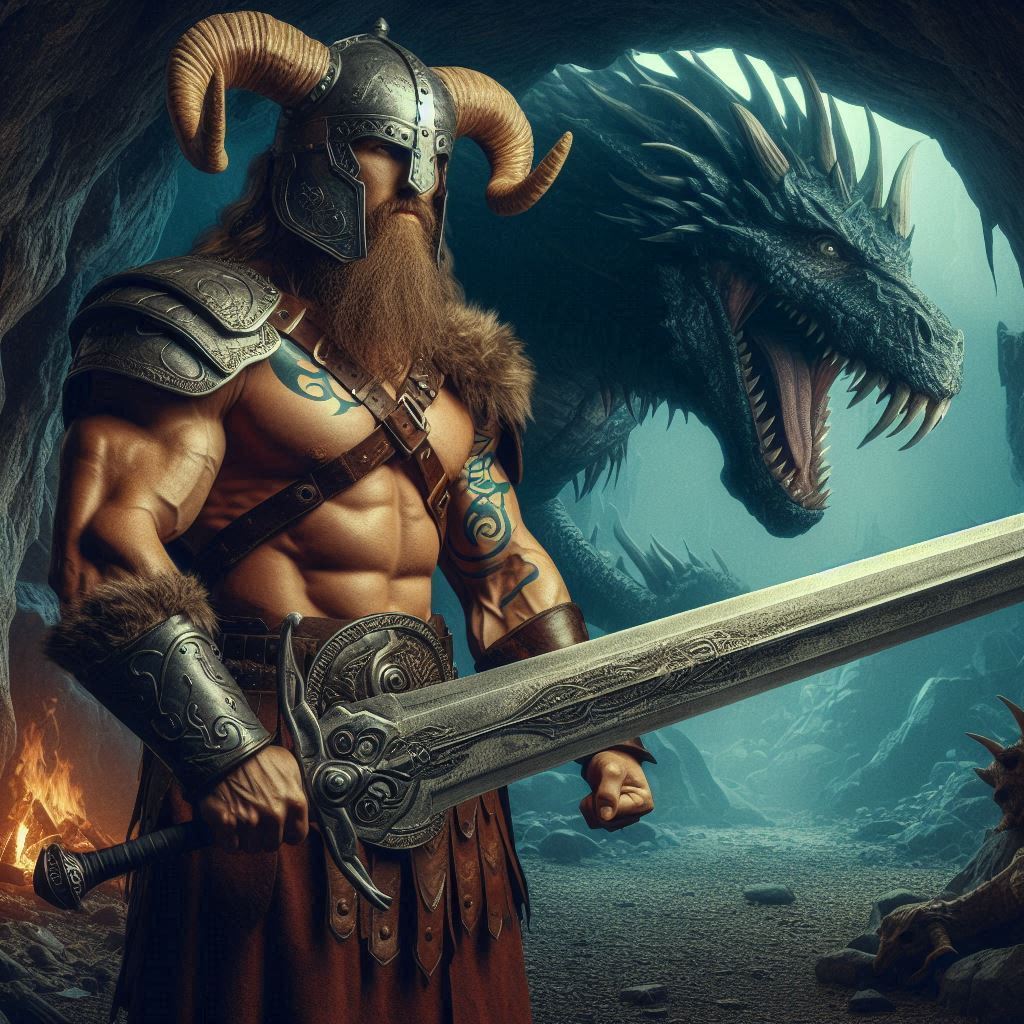
The Unyielding Bravery of Beowulf
The Unyielding Bravery of Beowulf: A Timeless Hero of Unmatched Valor
Introduction
The epic poem Beowulf, a cornerstone of Anglo-Saxon literature, introduces us to a hero of unparalleled bravery and strength. Beowulf, the protagonist, embodies the quintessential characteristics of an epic hero—courage, honor, and an unwavering commitment to his people. His legendary feats against formidable foes like Grendel, Grendel’s mother, and the dragon are not merely tales of physical strength but profound narratives of moral fortitude and self-sacrifice. This article explores the unyielding bravery of Beowulf, examining his heroic deeds, his motivations, and the enduring legacy of his courage. The Unyielding Bravery of Beowulf
Beowulf’s Heroic Beginnings
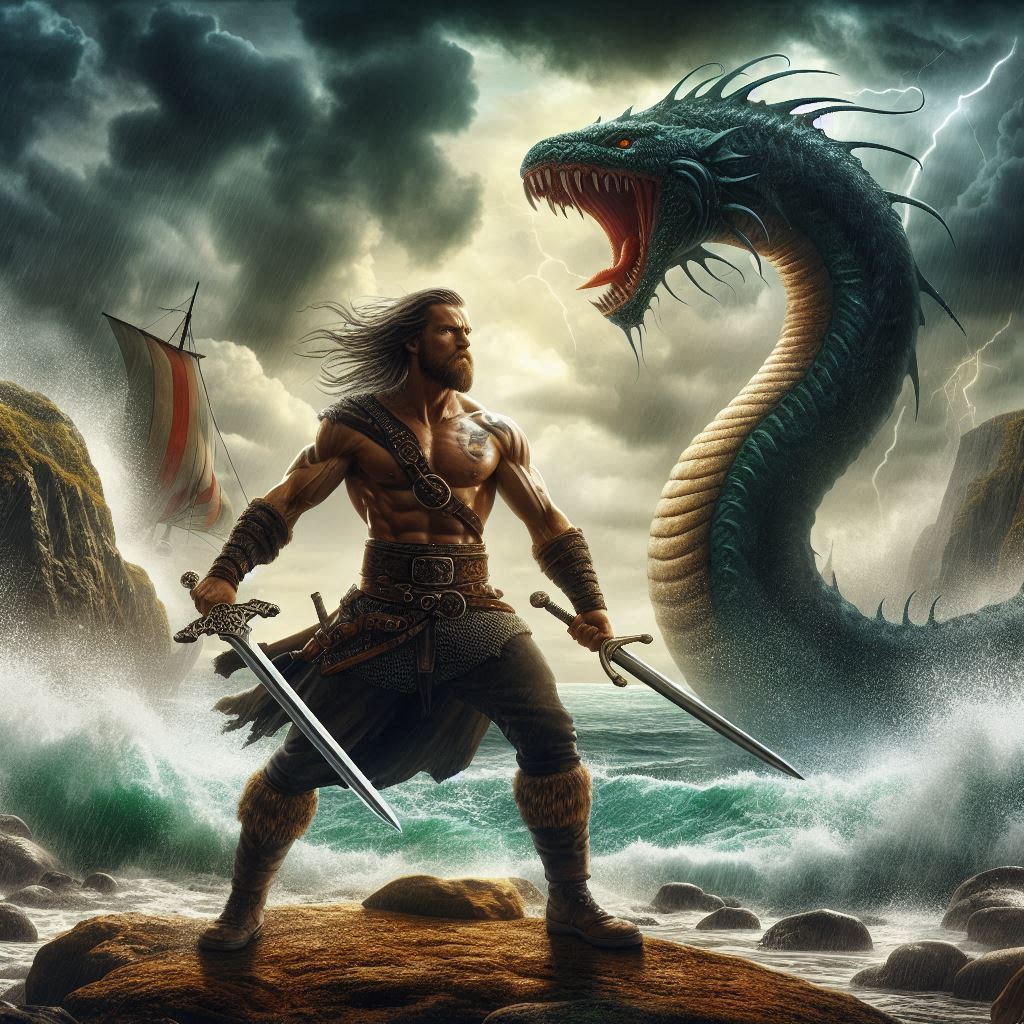
Beowulf’s story begins in Geatland, where he is recognized as a hero even before his most famous exploits. His strength and valor are evident from a young age, setting the stage for his future as a legendary warrior. When news of King Hrothgar’s plight reaches Geatland, Beowulf sees it as an opportunity to prove his mettle. Hrothgar’s hall, Heorot, is terrorized by the monstrous Grendel, and Beowulf, driven by a sense of duty and the desire for glory, sails to Denmark with a band of loyal warriors.
The Battle with Grendel
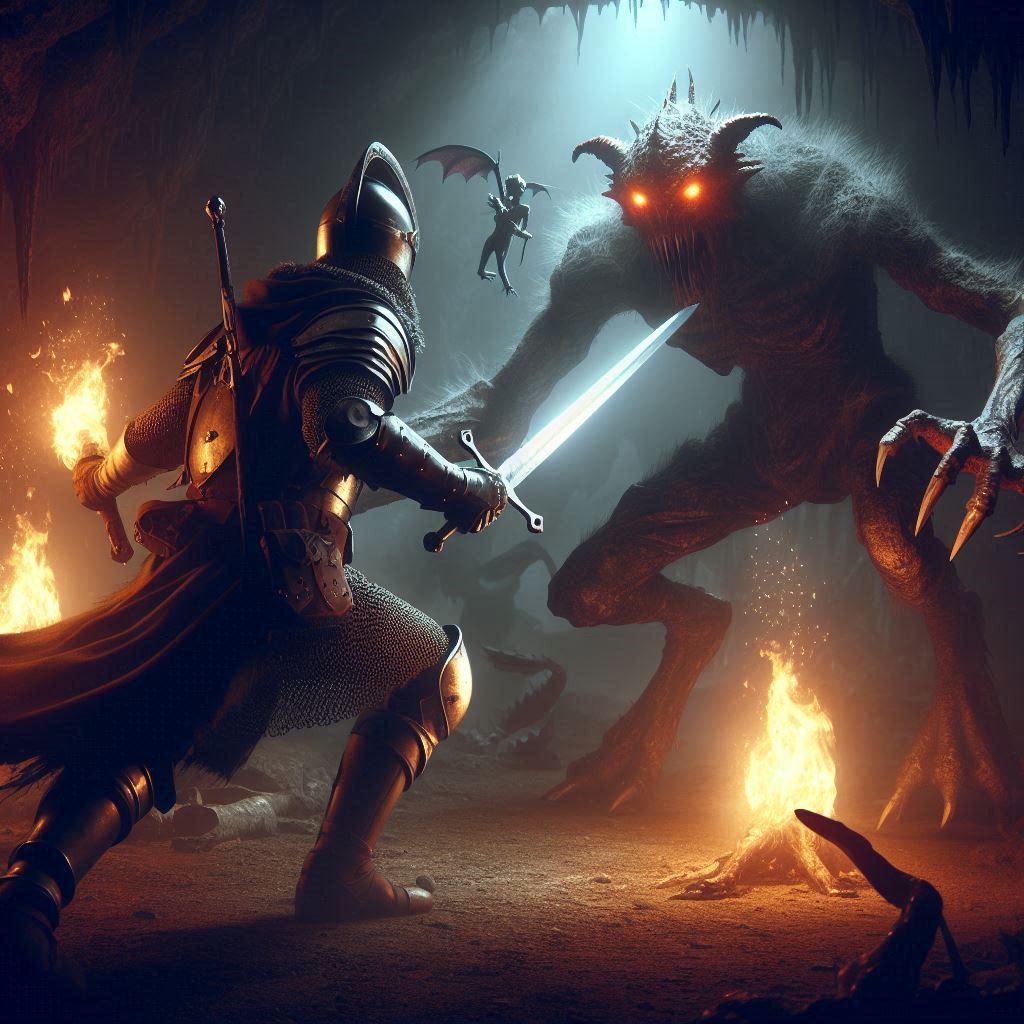
The Unyielding Bravery of Beowulf
Upon arriving at Hrothgar’s court, Beowulf’s confidence and bravery immediately stand out. He boasts of his previous feats and assures Hrothgar that he will defeat Grendel. Unlike any other warrior, Beowulf chooses to face the monster unarmed, trusting his sheer physical strength and divine favor. This decision underscores his bravery; he is willing to confront death on equal terms with his adversary.
The night of the battle, Grendel invades Heorot, slaughtering one of Beowulf’s men before turning his attention to the hero. Beowulf’s grip is like none Grendel has ever experienced, instilling fear in the heart of the beast. The ensuing struggle is fierce and brutal, with Beowulf ultimately tearing off Grendel’s arm, mortally wounding him. The victory is not just a testament to Beowulf’s physical prowess but his unyielding spirit. He has saved Hrothgar’s kingdom from a seemingly invincible foe, earning eternal glory and solidifying his status as a hero.
The Encounter with Grendel’s Mother
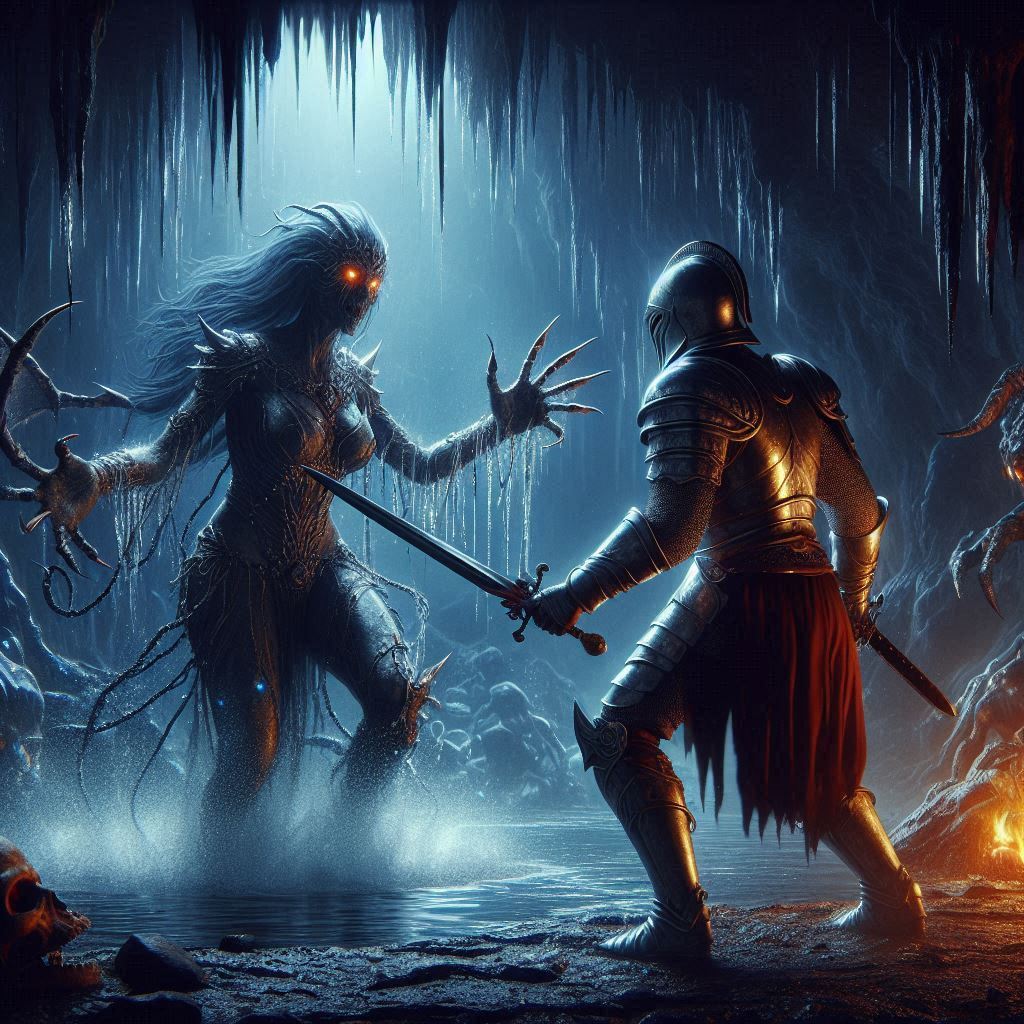
The Unyielding Bravery of Beowulf
Beowulf’s courage is further tested when Grendel’s mother seeks vengeance. She attacks Heorot, and Beowulf, driven by a sense of responsibility, vows to defeat her. He ventures into her underwater lair, a journey fraught with peril. The descent into the mere symbolizes a hero’s journey into the unknown, facing not just physical danger but the psychological terror of the dark, mysterious depths.
Armed with Hrunting, a sword lent to him by Unferth, Beowulf confronts Grendel’s mother. The weapon proves ineffective, and Beowulf’s situation becomes dire. In a moment of desperation and inspiration, he finds a giant’s sword within the lair, an ancient weapon imbued with magic. With it, he decapitates Grendel’s mother, emerging victorious once again. This battle highlights Beowulf’s adaptability and resourcefulness, essential traits of a true hero. His unyielding bravery is evident as he fights not for personal gain but to protect others from harm.
Beowulf’s Return and Reign as King
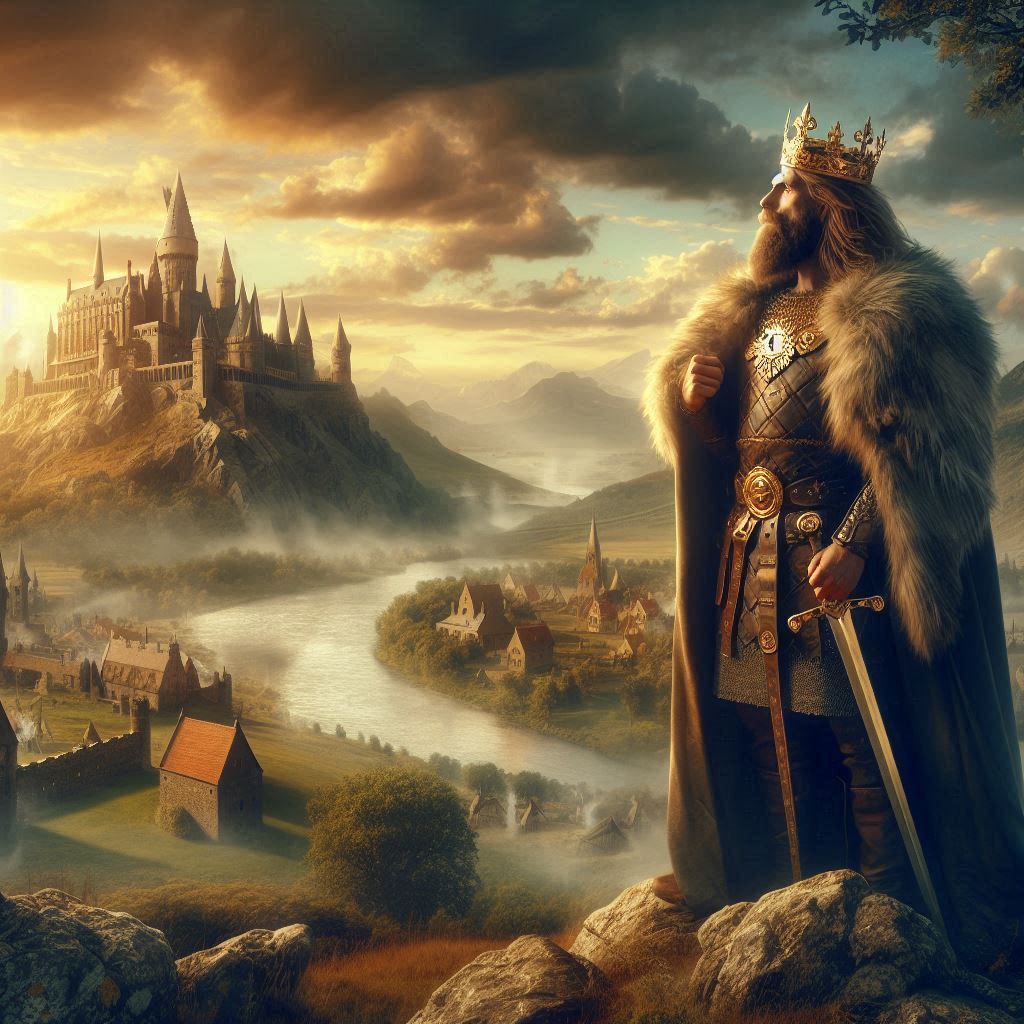
After his heroic deeds in Denmark, Beowulf returns to Geatland, laden with treasures and honors bestowed by a grateful Hrothgar. His fame and glory continue to grow, and upon the death of King Hygelac and his heir, Beowulf ascends to the throne. As king, he rules with wisdom and justice for fifty years, his bravery manifesting not only on the battlefield but in his leadership and governance. He ensures peace and prosperity for his people, embodying the ideal of a warrior-king whose courage extends beyond physical combat to the realm of statecraft.
The Final Battle: Beowulf and the Dragon
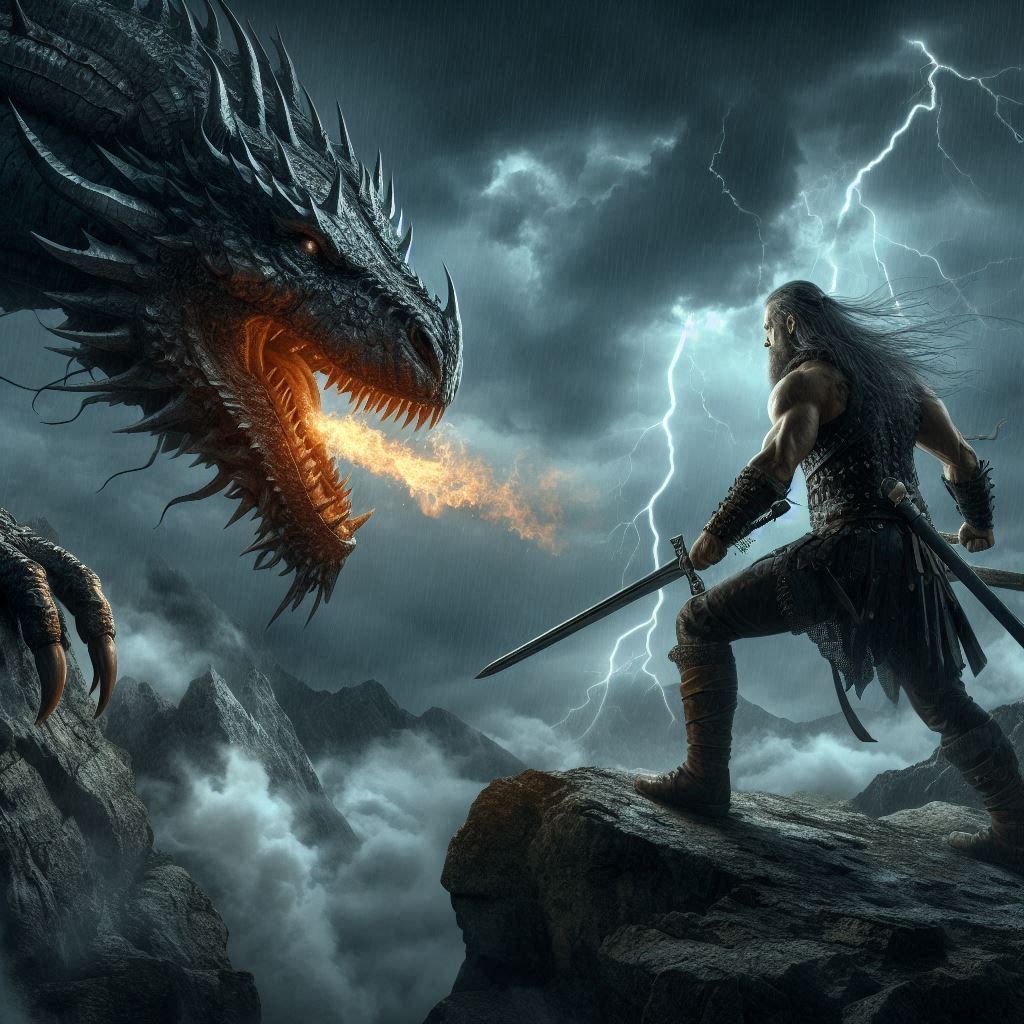
The Unyielding Bravery of Beowulf
In the twilight of his life, Beowulf faces his greatest and final challenge: a dragon that threatens his kingdom. Despite his advanced age, Beowulf’s bravery remains undiminished. He chooses to confront the dragon himself, driven by a sense of duty and the understanding that his people rely on him. Accompanied by his loyal follower Wiglaf, Beowulf engages in a fierce battle with the dragon.
The fight is grueling, and Beowulf is mortally wounded. However, with Wiglaf’s assistance, he manages to slay the dragon. This final act of bravery is perhaps the most poignant, as it underscores the hero’s willingness to sacrifice his life for the safety and well-being of his people. Beowulf’s death is not a defeat but a testament to his enduring courage. His legacy is secured, and he is honored with a grand funeral, his people mourning the loss of their greatest hero.
The Legacy of Beowulf’s Bravery
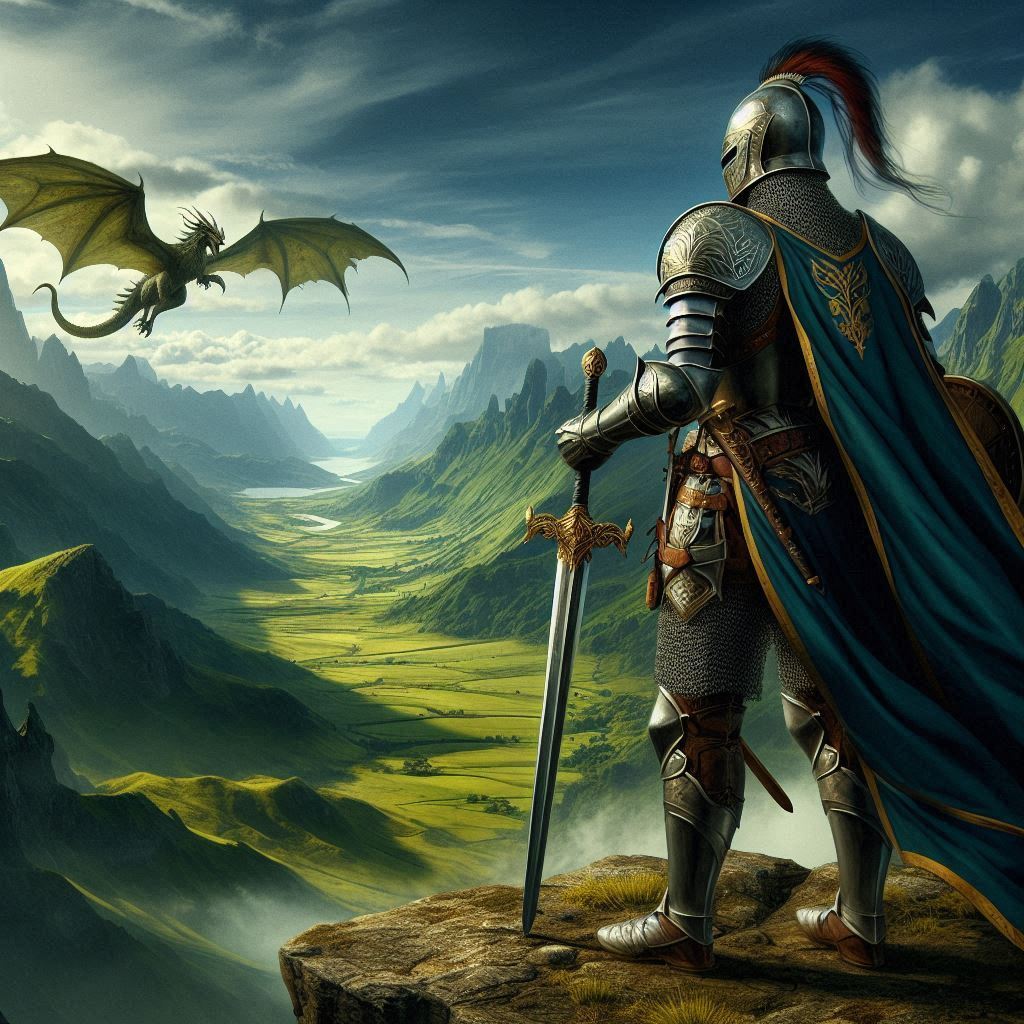
The Unyielding Bravery of Beowulf
Beowulf’s unyielding bravery has left an indelible mark on literature and culture. His story is a paradigm of the heroic ideal, illustrating the values of courage, honor, and selflessness. Beowulf’s deeds are celebrated not just for their physical heroism but for the moral and ethical principles they represent. His willingness to face insurmountable odds, to confront death unflinchingly, and to sacrifice for the greater good continues to inspire readers and scholars alike.
Beowulf’s legacy is also evident in the way his story has influenced subsequent literature and media. The themes of heroism, the hero’s journey, and the struggle against evil resonate through countless works, from medieval romances to modern fantasy epics. Characters modeled after Beowulf, heroes who embody similar traits of courage and honor, populate the narratives of many cultures, attesting to the timeless appeal of his story.
Conclusion
The unyielding bravery of Beowulf is a central theme that defines his character and his legacy. From his battles with Grendel and Grendel’s mother to his final confrontation with the dragon, Beowulf’s courage is unwavering. His story is not just an epic tale of heroic deeds but a profound exploration of what it means to be truly brave. In facing his fears, protecting his people, and sacrificing himself for the greater good, Beowulf exemplifies the highest ideals of heroism. His legacy endures, a testament to the timeless power of courage and the human spirit’s capacity for greatness.
